Without freedom, no art; art lives only on the restraints it imposes on itself, and dies of all others
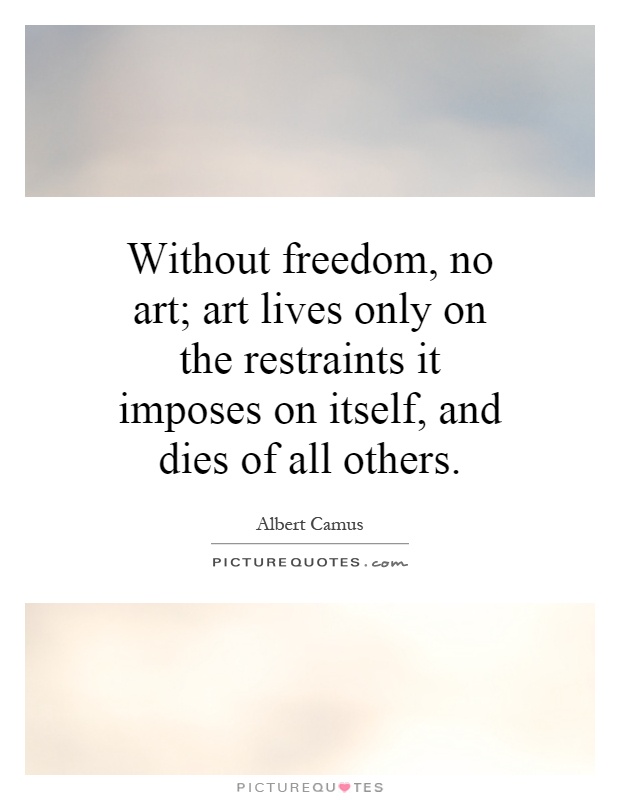
Without freedom, no art; art lives only on the restraints it imposes on itself, and dies of all others
Albert Camus, the renowned French philosopher and author, believed that true art can only exist when it is created with freedom in mind. In his essay "The Myth of Sisyphus," Camus explores the idea that art is a form of rebellion against the absurdity of life, and that it is through this rebellion that true meaning and purpose can be found.Camus argues that art is a reflection of the human condition, and that it is through the creative process that we are able to confront the limitations and constraints of our existence. Without freedom, art becomes stifled and constrained, unable to fully express the complexities and contradictions of the human experience. It is only when artists are able to break free from these constraints that they are able to create truly meaningful and impactful works of art.
Camus believed that art is a form of self-imposed restraint, a way for artists to challenge themselves and push the boundaries of their creativity. By imposing limitations on themselves, artists are able to explore new ideas and concepts, and to push the boundaries of what is possible within their chosen medium. It is through this process of self-imposed restraint that art is able to thrive and evolve, constantly pushing the boundaries of what is considered possible.
However, Camus also recognized that art can be stifled and destroyed by external constraints and limitations. When artists are forced to conform to societal norms and expectations, their creativity is stifled and their ability to create meaningful and impactful works of art is diminished. It is only when artists are able to break free from these external constraints that they are able to create truly revolutionary and transformative works of art.
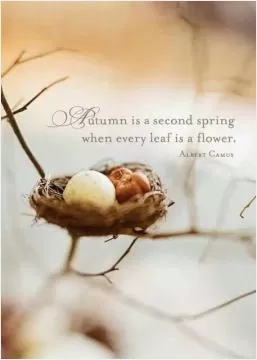
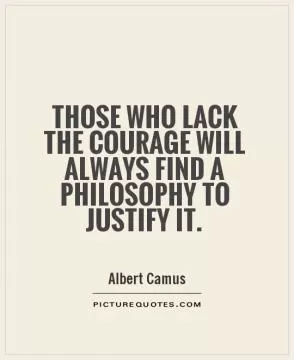
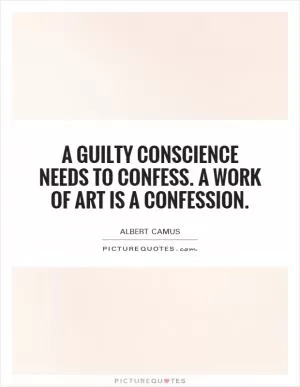
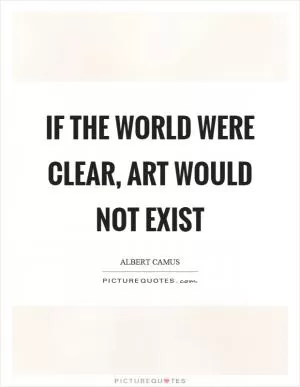
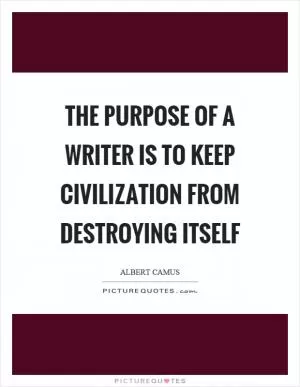
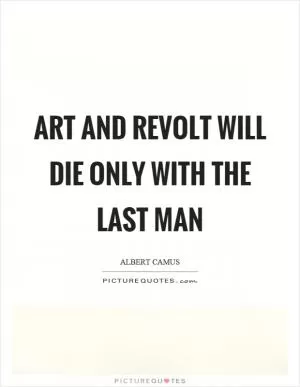
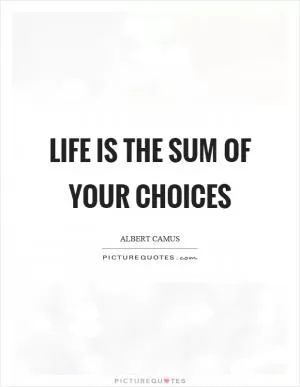
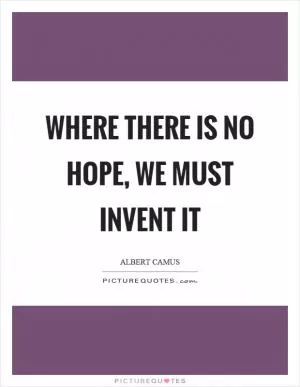
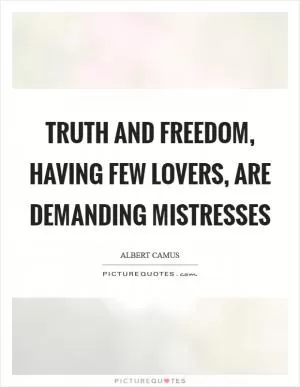
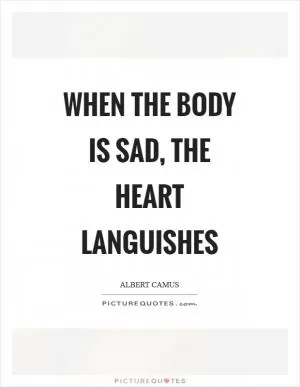
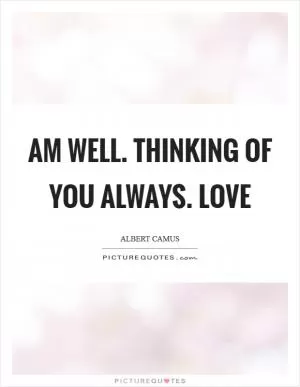
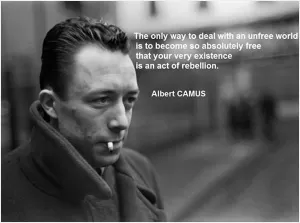
 Friendship Quotes
Friendship Quotes Love Quotes
Love Quotes Life Quotes
Life Quotes Funny Quotes
Funny Quotes Motivational Quotes
Motivational Quotes Inspirational Quotes
Inspirational Quotes